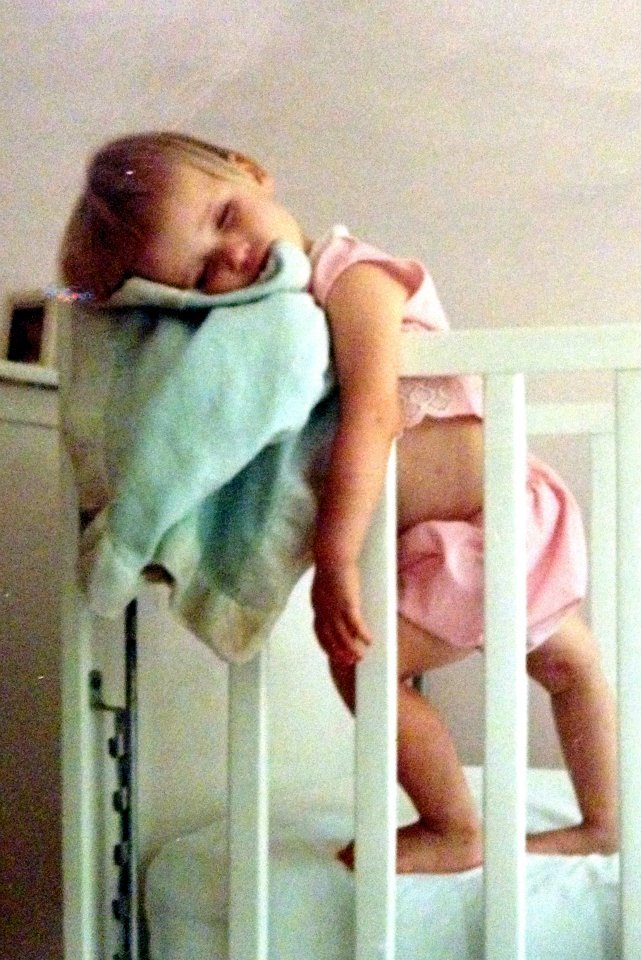Want to be popular? Try a little kindness!
Want to be popular? Try a little kindness!
“Educating the mind without educating the heart, is no education at all.” —Aristotle
For a couple of months, my morning walks with our dog are stress-free; school is not in session. The rest of the year, our morning maneuvers require a little more thought. I try to walk before the road gets busy, but invariably I find myself distracted by something and head out for our morning half-mile after 7:00, when the traffic has picked up its pace. We walk on the left-hand side of the road, a rule I wish were taught in school and posted on signs, so we are able to hop off the road and into a yard when the car with the mother giving her children their final instructions for the morning comes careening toward us. Drivers are distracted with a number of things, not the least of which is an emotional discussion of why so and so always gets to sit up front or the search for a better radio station. I used to be one of those moms, so I know that the lady walking her dog is really not on anyone’s radar. As one of those moms, I also know that the words spoken within the walls of the car are trapped, and the only place they can travel is into the minds of the passengers. I wonder, as I watch, if the words are being spewed in condemnation or spoken with kindness. One choice can change the day.
In a 2012 study in Vancouver, 3 acts of kindness were required each week by a test group of students. At the end of the 4 weeks, it was reported: “students who performed kind acts experienced significantly bigger increases in peer acceptance (or sociometric popularity)…Increasing peer acceptance is a critical goal, as it is related to a variety of important academic and social outcomes, including reduced likelihood of being bullied.” In a lengthier 6-year study, students in Chicago-area schools showed “depression and anxiety were mediated by more favorable change over time in social-emotional and character development.” Teenagers were less anxious and less depressed when they were kind to each other, and bullying became a word instead of an action.
Childhood isn’t the only time we must battle bullies or deal with depression. I don’t know about you, but I’ve been beaten down by the actions of adults who were in positions of power, and I’ve found myself depressed by kindness withheld. Studies prove the value of kindness and cooperation in adult settings. A 2010 study showed that “cooperative behavior is contagious and it spreads from person to person to person.” When a person was treated kindly, they chose to treat another person kindly–paying it forward, not returning the favor to the same person. The power your one act of kindness holds is larger and more far-reaching than you might anticipate. When I was growing up, my mother showed me how to skip a rock across the water; one rock created many ripples. One act of kindness has the same ripple effect as it skips through many lives.
Kind actions are great, but kind words are “like honey— sweet to the soul and healthy for the body.” Proverbs 16:24 What we say to another person really does shape them and their day. If the studies on actions hold true for words, then the words you speak actually impact many people outside of your immediate audience. Each relationship has the opportunity for words to be spoken. Each word has the power to propel someone to greatness or to press them a little further into the ground. It’s a choice we each make and a lesson we each teach.
I recently celebrated a milestone birthday. I like birthdays and began talking about it a few days beforehand. Lots of people offered condolences and shared sympathy, but my response remained constant: I am glad to be celebrating, happy to be getting older! It didn’t happen immediately, but as the comments continued to build I noticed the change. Others, too, began referring to the joy that could be found in our journey through life. I wasn’t buying into the negative, and neither were they. What could have become a sort of funeral for a friend grew into a celebration of living. The words we speak have power, and that power can change the way people think.
Most adults want people to like them, and almost all kids are poised to be popular. In either case, a little kindness might be the key to getting what you want. Being sarcastic doesn’t make you strong. Being kind doesn’t make you weak. Telling my husband to have a great day, encouraging my kids to have a little fun, or offering a smile to the scouring face that greets me in a store aisle–each of these are opportunities to skip my kind rock into someone else’s day. I might not be in the classroom, but I know Aristotle was right. You can educate the mind to create intelligent people, but without an educated heart there will be no balance.
You might think you have power to control people through your words, but here’s the truth: controlling your words will give you power.



